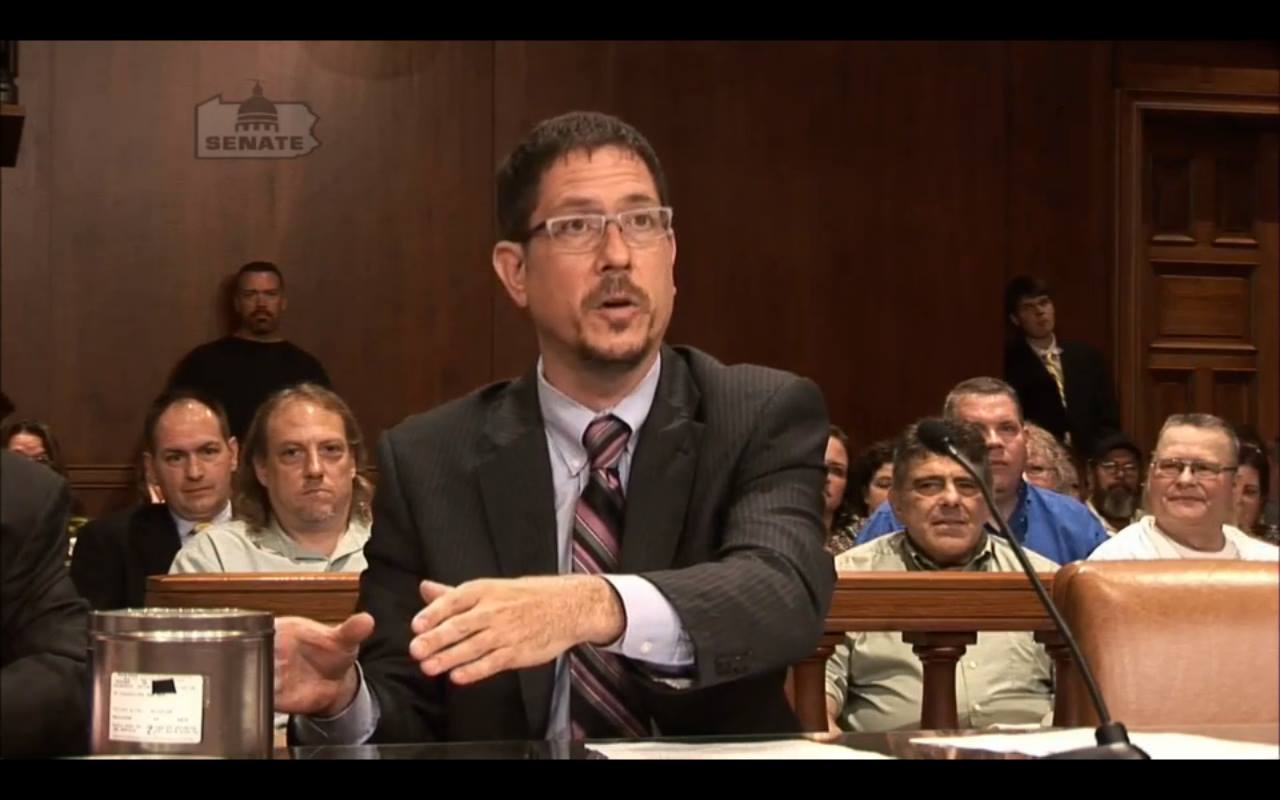Demystifying the Process of Federal Appeals: What You Need to Know
Navigating the complex world of government charms can commonly look like going across undiscovered waters for those not familiar with the procedure. Recognizing the subtleties of appellate court territory, the ins and outs of submitting a notification of charm, providing a compelling short, and making a convincing oral argument are vital components that can significantly impact the end result of an instance. By untangling the layers of intricacy bordering federal appeals, people can obtain a more clear insight into the systems that govern this critical stage of the lawful system.
Recognizing Federal Appeals Refine
Looking into the intricate world of the government appeals process reveals a organized and methodical trip through the judicial system - federal appeal lawyers hobbs act. Federal allures work as a critical system for assessing decisions made by reduced courts. Understanding this process is crucial for anybody associated with lawful proceedings at the government level
The procedure normally begins with an event disappointed with a lower court's judgment submitting a notice of appeal. This sets off a review by a greater court, where a panel of courts examines the legal disagreements offered by both events. Briefs describing the legal thinking behind each event's position are submitted, and oral debates might be heard to clarify complicated problems.
The appellate court's decision is based on an extensive assessment of the lower court's procedures and the disagreements provided. When the appellate court reaches a choice, it can affirm, reverse, remand, or customize the lower court's ruling, providing clarity and finality to the legal disagreement.
Appellate Court Territory Described

Appellate courts have territory over details kinds of cases, generally those including legal errors, step-by-step problems, or inquiries of regulation as opposed to valid disagreements. The territory of appellate courts is generally outlined in statutes and laws that govern the court system. Understanding appellate court jurisdiction is essential for parties associated with the appeals process as it determines whether a situation is eligible for review and the extent to which the appellate court can interfere in the reduced court's choice.
Declaring a Notification of Charm
The preliminary action in commencing the federal appeals procedure entails submitting a Notification of Charm with the suitable appellate court. federal appeal lawyers indiana. This crucial file officially informs the court and the other events associated with the instance that the appealing party plans to seek a testimonial of the lower court's choice. Filing a Notification of Allure is a stringent procedural demand that establishes the appellate procedure in activity
When preparing the Notification of Allure, it is important to make certain compliance with the certain rules and standards of the relevant appellate court. The file has to usually consist of information such as the situation name, the reduced court's name, the date of the judgment being appealed, and a concise declaration indicating the grounds for the allure.
Timeliness is important when filing a Notification of Allure. Missing the due date for sending this document can result browse this site in the charm being disregarded, underscoring the significance of timely and exact initiation of the charms procedure. It is suggested to look for legal assistance to navigate the intricacies of submitting a Notification of Allure effectively.
Rundown and Oral Disagreement
In the appellate procedure, presenting composed briefs and involving in dental debates play pivotal roles in advocating for the appealing celebration's setting prior to the appellate court. Briefs are extensive lawful records that describe the events' arguments, legal authorities, and analysis supporting their settings. These created entries provide the court with a comprehensive understanding of the truths of the situation, the pertinent regulation, and why the appealing event thinks the reduced court's choice must be rescinded.
Complying with the entry and review of the briefs, oral arguments offer the events a possibility to more clarify their placements, resolve any questions the appellate judges might have, and emphasize bottom lines from their composed briefs. Oral arguments are a chance for the lawyers to encourage the courts with verbal campaigning for and feedbacks to queries from the bench.

Getting the Appellate Court Choice

Final Thought
Recognizing the appellate court jurisdiction, filing a notification of charm, preparing briefs, and offering oral disagreements are all crucial parts of this procedure. Ultimately, receiving the appellate court choice can offer quality and resolution to lawful disputes.
As we advance from comprehending the government allures procedure to studying the intricacies of appellate court jurisdiction, a fundamental element comes to light pertaining to the authority and limits of these greater courts in the lawful landscape. Appellate court territory refers to the scope of situations that a specific appellate court has the power to assess and choose upon. Unlike trial courts that hear situations for the very first time, appellate courts are restricted to reviewing decisions made by lower courts. Comprehending appellate court territory is critical for parties involved in the charms process as it figures out whether an instance is qualified for testimonial and the extent to which the appellate court can intervene in the lower court's decision.
Whether the appellate court affirms, reverses, or remands the lower court's decision, recognizing the implications of the ruling is essential for all celebrations included in the appellate procedure.